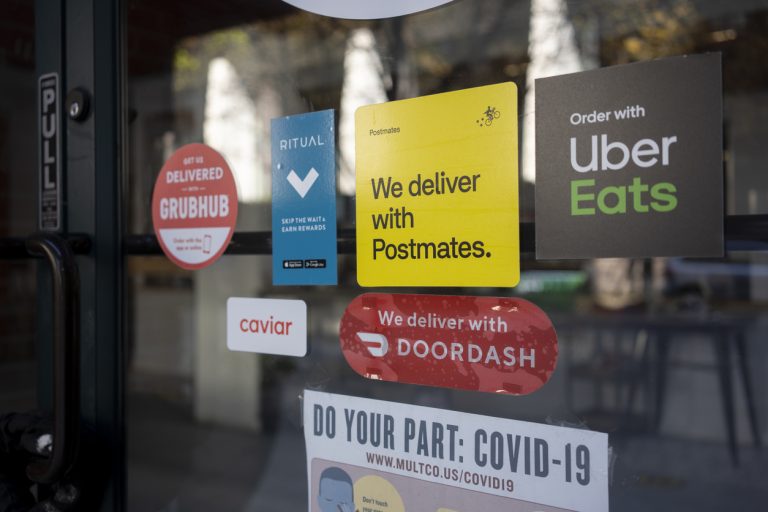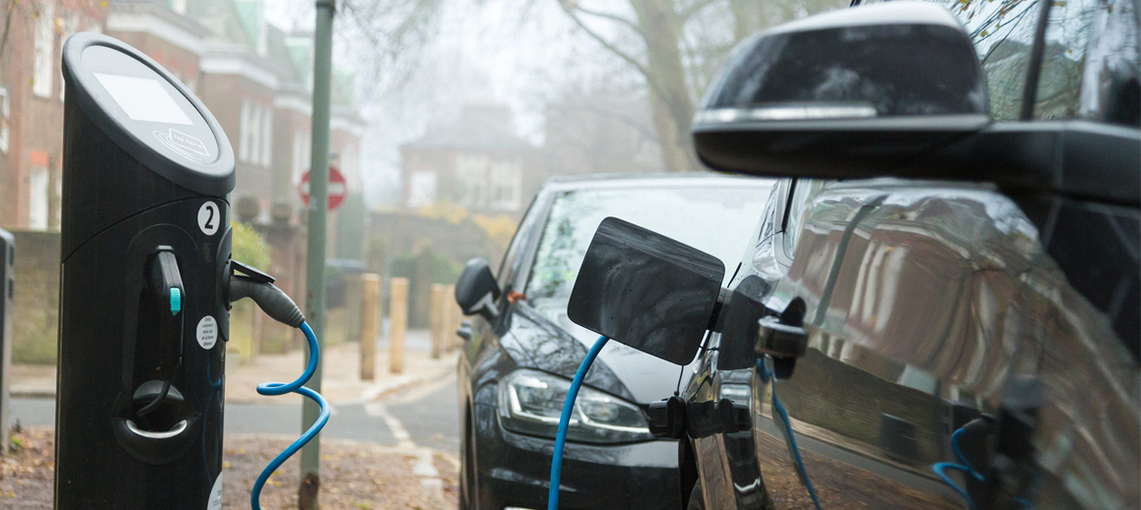Starting a new business is time-consuming and requires a lot of thought. Often, the process is so overwhelming that we don’t know where to start. To help you get ahead on the pathway to success, we have put together a comprehensive list of first steps required to kickstart your journey in becoming a gas station entrepreneur.
This information will not only save you tons of time, it will give you peace of mind knowing that you have strategically laid the groundwork needed to run a profitable gas station business.
Registering your business
Consider whether you want to set your business up as a limited liability company (LLC)- or a corporation.
An LLC protects you from being personally liable from creditors or any lawsuits filed against you. The pass-through taxation process allows profits to be taxed at your personal tax rate. An LLC does not require officers or directors to operate. You will be required to pay annual fees and taxes, which vary from state to state. It’s harder, though not impossible, for an LLC to secure external funding.
A corporation is owned by its shareholders. It offers stronger protections to its owners from personal liability, but it also requires more extensive administration processes and is subject to higher taxes.
An LLC is generally favored by gas station owners. Its relative simplicity makes it the best choice for small business owners.
Once you’ve chosen your business type, you need to register with your state. Many states have online forms to help accelerate the process, but some may require you to submit written documents.
The state will require you to have a registered agent. You can act as your own agent or appoint someone else, but they must reside in the same state. Your agent will receive all legal communication and mail for your business.
For an LLC, you’ll need to provide your “articles of organization” which include:
- Business name
- Location ownership and management structure
- Registered agent information
You’ll also need an LLC operating agreement which describes how key decisions will be made within your business. It’s an agreed structure for your company’s financial and operational decisions.
Registering for taxes
Registering for an Employer Identification Number (EIN) can be done online with the IRS and you’ll receive your EIN immediately after completion.
Permits, licenses, and insurance
Different states have different legislation covering permits, licenses, and environmental considerations for gas stations, so you should always check the requirements in your location. Check with your Secretary of State, or Department of Environmental Protection to make sure you understand the requirements.
There are different permits you could be required to obtain, or notifications you may need to submit such as:
- Notification Forms for Underground Storage Tanks
- LP Gas Dealer License
- Air permits
- Site inspections
- Fire safety certificates
Every state requires gas station businesses to obtain a Motor Fuel Retail Outlet License to allow you to sell gasoline. These are annual licenses and will require renewal each year. The application process is different in each state, but most can be accessed easily online.
Each permit or license will require a fee to be paid. Many are small, less than $500, but still need to be included in your financial calculations.
Recently, some states have required that EV chargers be added before granting permits for new gas stations. Check the rules in your local area and make allowances for EV chargers to be added.
Insurance
General liability insurance is not normally a legal requirement, but should be in place to protect yourself and your business. General liability insurance will cover you if a patron were to injure themselves, or others, on your property.
Commercial property insurance is required to cover your building, equipment, and business assets, and worker’s compensation insurance is required to cover work related injuries for your employees.
If you plan to sell liquor, you may also need liquor liability insurance.
Getting finance
Getting finance for a gas station isn’t always straightforward. Traditional lenders see gas stations as risky investments due to environmental concerns, the difficulty in converting them for other uses (making them harder to sell), and their reliance on cash payments, which can cause accounting issues. That being said, there are a number of viable options available for financing a new gas station in the US.
There are private investors that can offer competitive loans and investment, and some franchise options may offer to lend you capital to get started.
Many gas station entrepreneurs get finance from the Small Business Administration (SBA). The SBA can connect you with lenders that provide SBA backed funding. They will typically ask for a 15% down payment for a single purpose property, like a gas station, which is far more affordable than commercial bank down payments.
Whichever finance option you choose, you’ll need to provide similar information:
- Business plan
- Financial projections
- Credit history
- Start-up costs and use of funds
Once legalities and finance are under control, what’s next? To really succeed as a gas station entrepreneur, you need to understand your customer base and what is going to get them to your site. You should also consider your competitors and what they are doing so that you can provide your customers with something different. A gas station analysis tool analyses your specific site and gives you the information needed to better understand its market landscape. Kalibrate’s Fuel Site Analysis provides:
- Local area demographics
- Competitor analysis
- Multiple detailed sales projections
- Benchmarking against all 7 elements for fuel and convenience retail success




